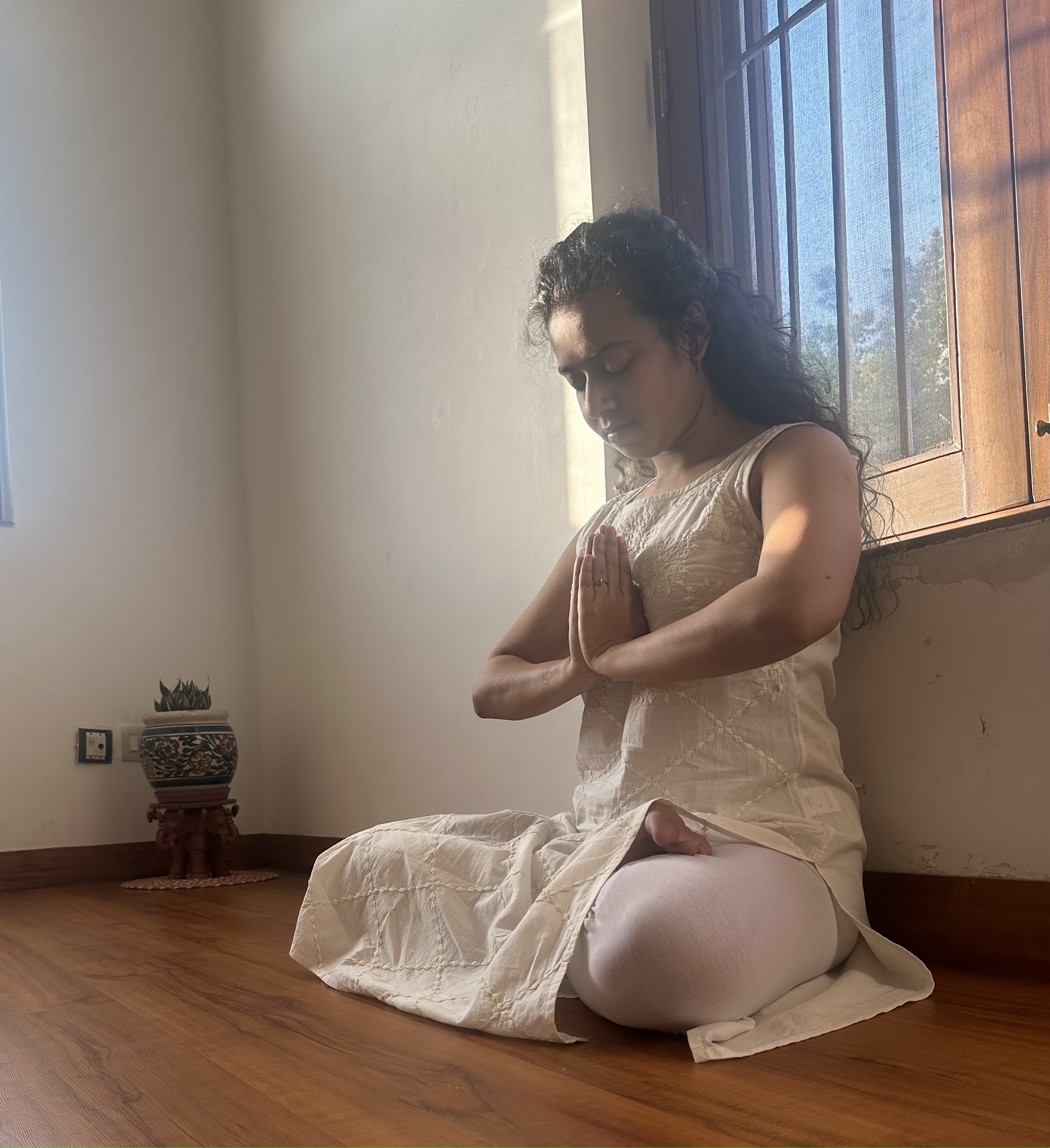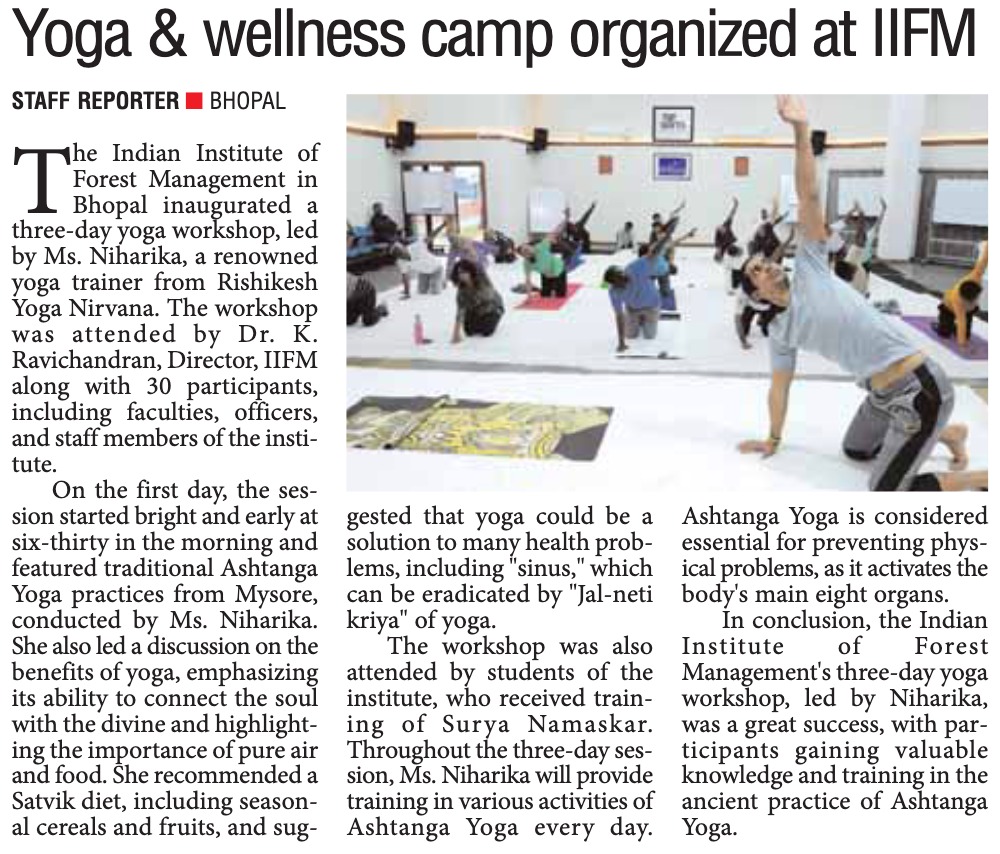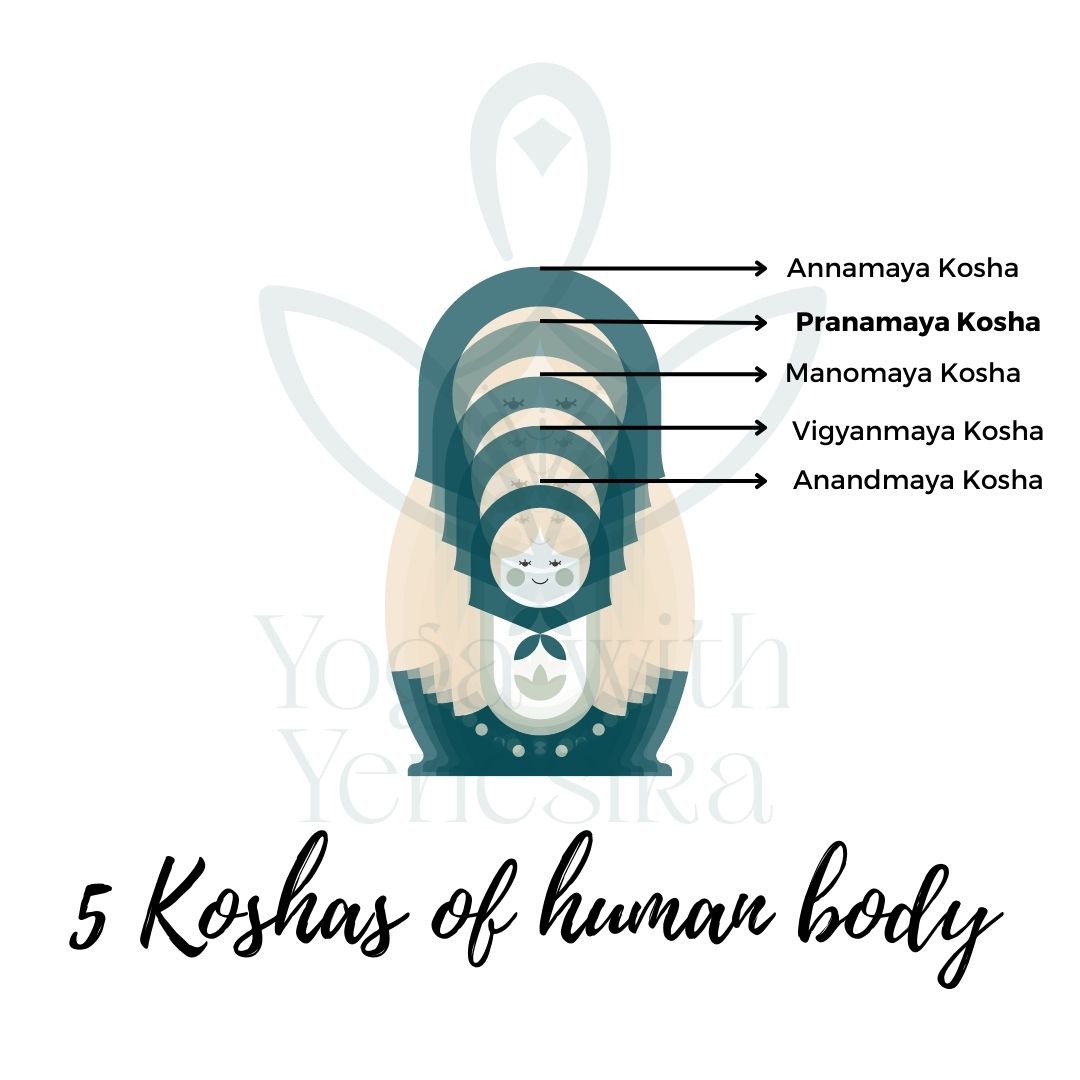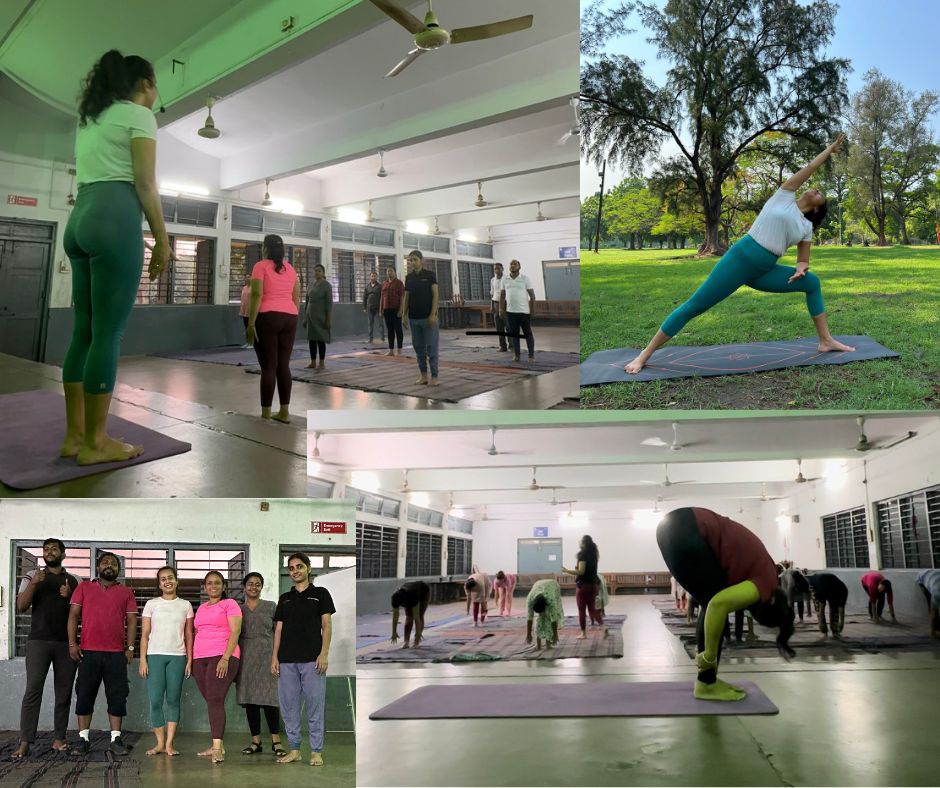Yoga is not just a physical exercise, but also a mindful practice that teaches us to be aware of our body and movements. Through yoga asanas, we learn how to properly activate and engage the muscles in our body. Muscle engagement enables us to protect our joints and prevent injuries
Incorporating yoga into our daily routine, even before an injury occurs, can have numerous benefits for our overall health and well-being. Regular yoga practice can help to increase flexibility, improve balance and coordination, strengthen muscles, and reduce stress and tension in the body.
Furthermore, as we age, our joints become more prone to stiffness and pain. Yoga can be an effective tool for maintaining joint health and preventing age-related decline in mobility and flexibility.
Apart from regular yoga asana practitioners, modern day medical science appreciates the impact and benefits of yoga asanas and pranayam on both the mind and body.
Here are some of the ways in which yoga can heal the mind and body:
-
Reduces stress: Yoga has been shown to reduce the levels of the stress hormone cortisol in the body, leading to a reduction in stress and anxiety. Yoga practice can lead to lower levels of perceived stress and increased feelings of well-being.
-
Improves sleep quality: Poor sleep can have a negative impact on both physical and mental health. Yoga has been shown to improve sleep quality by reducing stress and anxiety.
-
Boosts immunity: The practice of yoga has been shown to boost the immune system by reducing inflammation and increasing the activity of immune cells. Regular yoga practice can lead to an increase in immune function.
-
Reduces chronic pain: Yoga has been shown to reduce chronic pain in conditions such as arthritis, back pain, and fibromyalgia. Yoga can help reduce pain and improve physical function in people with chronic low back pain.
-
Improves brain function: Yoga has been shown to improve brain function by increasing blood flow to the brain and promoting the growth of new brain cells. Yoga can improve cognitive function and memory.
Yoga asana practice came into my life about two years ago and I can personally vouch for all the above. From reducing stress and anxiety to improving immune function and brain function, yoga is a holistic approach to health and well-being. With continued practice, individuals can experience the healing effects of yoga on a physical, mental, and emotional level.
It’s never too early or too late to start practicing yoga. By building a regular yoga practice, we can create a foundation for a healthier and more fulfilling life, both physically and mentally.







